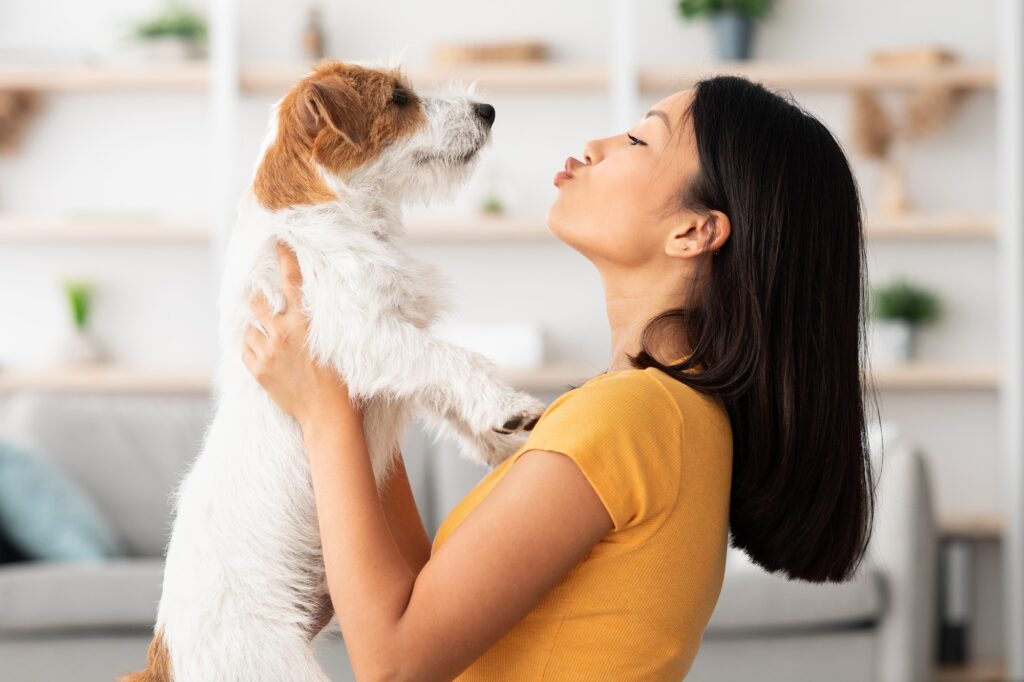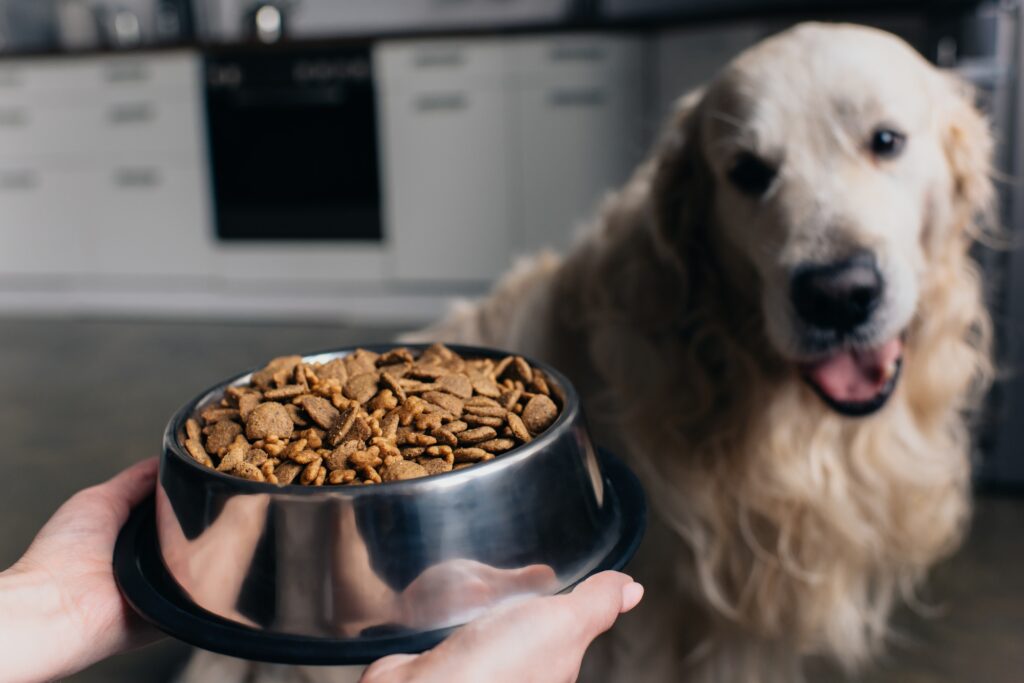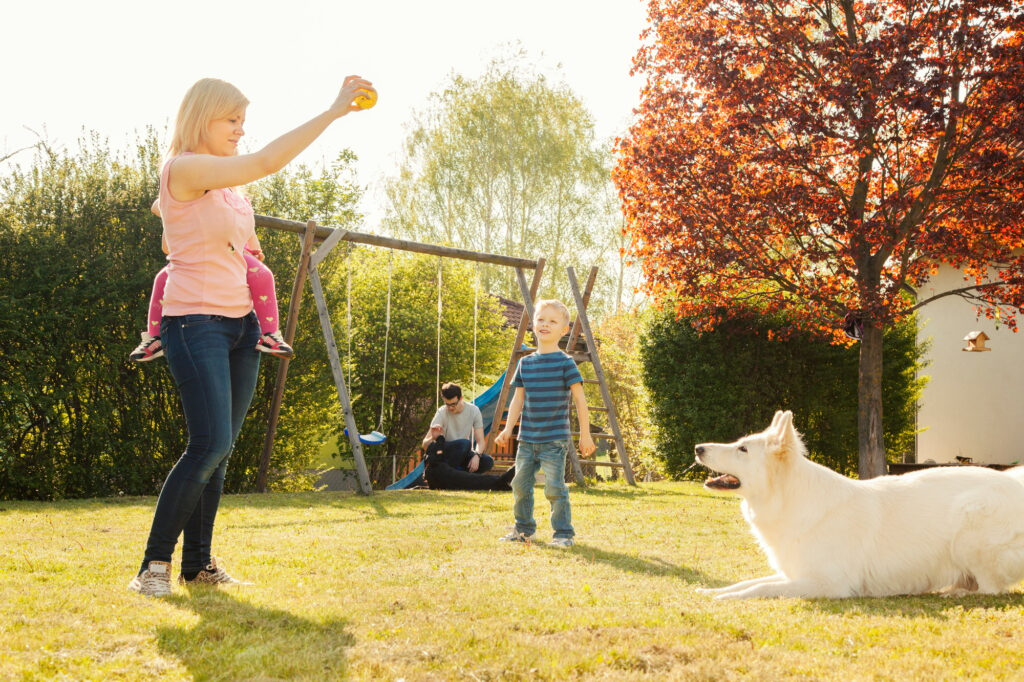Understanding the responsibility of a dog is crucial before embarking on the journey of pet ownership. While the idea of having a furry companion might seem delightful, the responsibility of a dog extends far beyond the joyful moments of playtime and cuddles. It’s a serious, long-term commitment that requires your time, energy, financial resources, and emotional dedication. From ensuring daily exercise and proper nutrition to providing regular veterinary care and consistent training, these responsibilities shape the foundation of successful pet parenthood. In this blog, we’ll delve into these essential obligations, helping you evaluate whether you’re genuinely prepared to take on the comprehensive responsibility of a dog in your life.
Understanding Taking on the Responsibility of A Dog
The responsibility of a dog encompasses various crucial aspects that every potential pet owner must understand and embrace. From daily care routines to long-term commitments, these responsibilities form the cornerstone of providing a happy, healthy life for your canine companion. Understanding and fulfilling these obligations not only ensures your dog’s well-being but also creates a strong, lasting bond between you and your pet. Let’s explore the key responsibilities of dog ownership, each playing a vital role in maintaining your pet’s physical and emotional health while creating a safe and nurturing environment for them to thrive.
Providing Them With Comfort and Love

A fundamental responsibility of a dog owner is to create a loving, comfortable environment where your pet feels secure and cherished. Dogs are emotional beings who thrive on affection, companionship, and consistent care. The responsibility of a dog includes providing them with a cozy sleeping area, gentle physical touch, soothing words of encouragement, and regular quality time together.
This emotional support is crucial for their mental well-being and helps build a strong bond between you and your pet. Remember that dogs are pack animals who view their human family as their primary source of comfort and security. Whether it’s offering belly rubs, cuddles on the couch, or simply being present during thunderstorms, showing love and providing comfort should be a daily priority in your role as a pet parent.
Mental Stimulation
Mental stimulation is a vital aspect of the responsibility of a dog owner that often goes overlooked. Dogs are intelligent creatures who need regular mental challenges to prevent boredom and destructive behaviors. This aspect of the responsibility of a dog involves providing puzzle toys, training exercises, and interactive games that engage their problem-solving abilities. Activities like hide-and-seek with treats, teaching new tricks, or using food dispensing toys can keep their minds active and engaged. Just as humans need mental stimulation to stay sharp and content, dogs require these cognitive challenges to maintain their mental well-being. Dogs may become restless, anxious, or exhibit unwanted behaviors without adequate mental exercise. Regular mental enrichment activities also strengthen the bond between you and your pet while helping them develop into well-adjusted, happy companions.
Taking Care of Grooming Needs
As any experienced pet owner knows, grooming is an essential aspect of the responsibility of a dog that directly impacts their overall well-being. This responsibility of a dog includes regular brushing to prevent matting and removing loose fur, nail trimming to avoid discomfort and mobility issues, dental care to prevent oral health problems, and keeping their ears clean to prevent infections. Some breeds require professional grooming services every 6-8 weeks, while others may need less frequent professional attention. Even if you opt for professional grooming services, regular at-home maintenance like brushing and basic cleaning is still necessary. Proper grooming keeps your dog looking their best and allows you to check for any unusual bumps, skin issues, or other potential health concerns that might need veterinary attention.
Keeping them Safe
An essential aspect of the responsibility of a dog is ensuring their safety in all environments. This responsibility of a dog includes securing your home and yard to prevent escapes, using proper restraints during car rides, maintaining current identification tags, and being vigilant during walks to protect them from potential hazards. Pet-proofing your living space is crucial – this means keeping toxic substances out of reach, securing loose wires, and blocking access to dangerous areas. Always keep your dog on a leash unless in designated off-leash areas, and be aware of environmental dangers like extreme weather conditions or toxic plants. Additionally, having a plan for emergencies and knowing the location of the nearest emergency veterinary clinic demonstrates responsible pet ownership. Remember, your dog relies entirely on you for their safety and protection, making this one of the most crucial responsibilities of pet ownership.
Giving Them Healthy and Good Food
Providing proper nutrition is a fundamental responsibility of a dog owner that directly impacts their pet’s health, longevity, and quality of life. The responsibility of a dog includes carefully selecting high-quality food appropriate for their age, size, and specific dietary needs. This means reading ingredient labels, understanding nutritional requirements, and consulting with veterinarians about the best diet for your particular dog.

Some dogs may require special diets due to health conditions, allergies, or age-related needs. Proper portion control to prevent obesity and establish regular feeding schedules are also crucial. Remember that certain human foods can be toxic to dogs, so part of this responsibility includes educating yourself about safe and unsafe foods. Fresh, clean water should always be available, and any changes in diet should be introduced gradually to prevent digestive issues.
Cleaning Up After Them
A crucial responsibility of a dog owner is maintaining cleanliness both at home and in public spaces. The responsibility of a dog includes properly disposing of waste during walks, in your yard, and anywhere your pet relieves themselves. This isn’t just about keeping spaces clean and odor-free; it’s a matter of public health and environmental responsibility. Dog waste can contain harmful bacteria and parasites that can affect both humans and other animals. Being diligent about cleaning up after your dog shows respect for your community, helps prevent the spread of diseases, and maintains the cleanliness of shared spaces. Always carry waste bags during walks and regularly clean your yard to ensure a hygienic environment for everyone. Remember, responsible pet ownership means being accountable for all aspects of your dog’s presence in the community.
Making a Life Long Commitment
One of the most significant aspects of the responsibility of a dog is understanding that you’re making a commitment for your pet’s entire life span, which could be 10-15 years or more. The responsibility of a dog isn’t a temporary arrangement or a trial period; it’s a promise to provide care, love, and support throughout their entire life journey. This means being prepared for different life stages, from energetic puppyhood through senior years, and adapting your care as their needs change. It also means considering how significant life changes – such as moving, starting a family, or changing jobs – will impact your ability to care for your pet. When you adopt a dog, you’re making a promise to be their constant companion, caregiver, and protector for the rest of their life, not just when it’s convenient or easy.
Regular Vet Care
A critical component of the responsibility of a dog is ensuring regular veterinary care throughout their life. This responsibility of a dog includes scheduling routine check-ups, keeping vaccinations current, maintaining preventive medications for parasites, and promptly addressing any health concerns that arise. Regular veterinary visits help detect potential health issues early, when they’re most treatable, and provide essential preventive care that can extend your pet’s life. These visits typically include physical examinations, dental checks, vaccinations, and discussions about nutrition and behavior. Additionally, establishing a relationship with a trusted veterinarian ensures you have professional support during emergencies or when health issues arise. Remember to keep detailed records of your pet’s medical history, including vaccinations, medications, and any health conditions, as this information is vital for providing consistent, quality care.
Taking the Time to Socialize and Train Them

Successful training and socialization are fundamental elements in fulfilling the responsibility of a dog owner. The responsibility of a dog includes ensuring they receive proper training from an early age and throughout their life. This means dedicating time to teach basic commands, establish good behavior patterns, and help them navigate social situations confidently.
Through consistent training sessions and positive reinforcement, dogs learn essential skills like basic obedience, leash manners, and proper house behavior. Equally important is socialization – exposing your dog to various environments, people, and other animals helps prevent anxiety and behavioral issues later in life. Whether through professional classes or dedicated home training, this investment in your dog’s development creates a well-adjusted, confident companion who can easily handle different situations. Regular training sessions also provide mental stimulation and strengthen the bond between you and your pet, making it an essential component of responsible pet ownership.
Spaying Or Neutering
A crucial responsibility of a dog owner is making an informed decision about spaying or neutering their pet. The responsibility of a dog includes preventing unwanted litters and contributing to pet population control through responsible breeding practices. Spaying and neutering not only help control the pet population but also offer numerous health benefits for your dog. These procedures can reduce the risk of certain cancers, prevent unwanted behaviors associated with mating instincts, and generally lead to a longer, healthier life for your pet. Many veterinarians recommend spaying or neutering between 6-9 months of age, though the optimal timing can vary based on breed and individual circumstances. This decision represents a significant aspect of responsible pet ownership that benefits your dog and the broader community by reducing the number of homeless animals in shelters.
Making the Decision to Take on the Responsibility of a Dog
Taking on the responsibility of a dog is a significant life decision that requires careful consideration and commitment. From providing daily care and emotional support to ensuring proper healthcare and training, dog ownership encompasses numerous responsibilities that directly impact your pet’s well-being and happiness. Before welcoming a dog into your home, it’s essential to honestly evaluate your lifestyle, resources, and ability to meet these various obligations. Remember that the responsibility of a dog is a long-term commitment that can span over a decade or more. However, for those who are prepared and dedicated, the rewards of dog ownership – including unconditional love, loyal companionship, and countless moments of joy – far outweigh the responsibilities. By understanding and embracing these responsibilities, you can create a fulfilling and enriching life for you and your furry companion.
